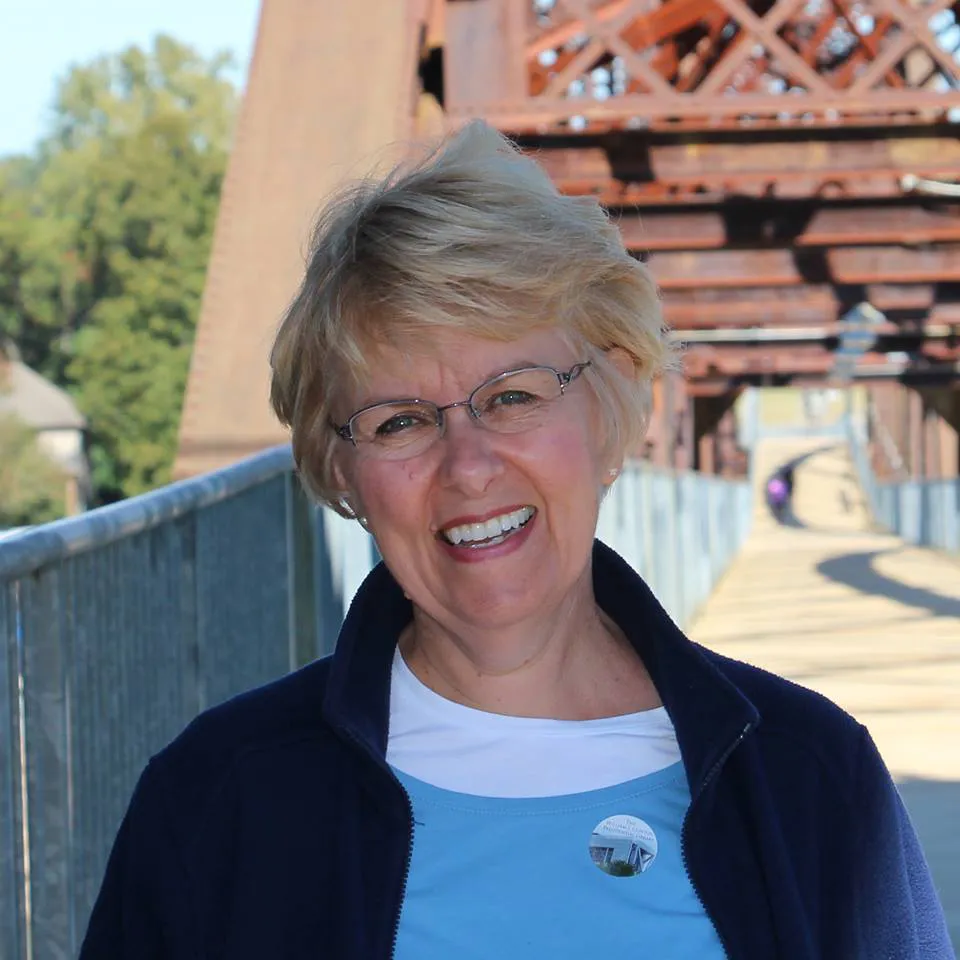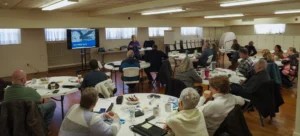When Dr. Brent Anderson, a psychologist at West Point refers to “FML,” it’s not what you think.
Even though FML generally represents a phrase not often used in polite company, Dr. Anderson, who spends a lot of time working with cadets, has transformed the idiom FML to represent something entirely different.
When the folks he works with hear it, say it or text it, he wants them to think of something that will move their down-and-out, discouraged perspective to something much more positive.
Let’s say you overslept this morning. You couldn’t find any coffee in the house. Someone left the gas tank in your car on “E,” and you’re worried you will be late to work. To make matters worse, it’s your day to drop the kids off at daycare and take the dog to the vet. Traffic is a snarling mess, and when you finally do arrive at your workplace, it’s raining and the only place to park is a long way from the building. On days like this – and we’ve all had them – it’s easy to figure your life is in the toilet and the only solution lies in returning to bed and waiting for a new day to dawn.
Sound about right?
Dr. Anderson would disagree. Using a strategy he calls the “Emotional Management Cycle,” he suggests there is another way to redeem a bad day – or even a bad week, month or string of months.
He talks about how to do this in his Good Dads podcast, but we will also give you a synopsis here.

Emotions
Let’s say you travel for work. You are gone from your family for days, weeks or even months at a time. You awaken on the morning you are scheduled to leave and you are already dreading being gone when your 4-year-old wanders in and says, “I don’t want you to go, Daddy.” You already feel a little depressed about needing o leave, but you also start to feel guilty about being gone. You may blame yourself, but before long you also feel angry your work requires you to be away from home so much. At this point, it’s very easy to get drawn into an “FML” attitude – one that looks at the dark side of life and insists on staying there.
It is unless you recall that FML can stand for something else – something Anderson suggests as “Fun, Mastery and Love.” What could he mean by that?
When you’re tempted to descend into the ditch of discouragement, figuring your life will never change and you’ll always be stuck in your miserable circumstances, Anderson suggests you begin by thinking about something fun you like to do. Shoot hoops in the driveway with your kids; throw a line in the water at your favorite fishing hole; play a game on your computer—these all qualify. So do going for a run, eating a burger at your favorite diner and sitting around a campfire. There are many large and small ways to have fun.
Once you’ve identified things that are fun for you, think of how you feel when you’re doing them. What is the predominant emotion or state of mind? Most people feel relaxed, cheerful, optimistic or even joyful. They experience positive feelings when they’re doing something fun.
Now, in the midst of your bad morning, think about something fun you can do when you return home. Remember the times when you’ve returned from the road and the fun you had coming back to your family. Consider the things you might do to make it even better for yourself and your family members. Think about ways you can build their anticipation and yours. What will you do? What would be the first step to get things going in the right direction?
Suddenly, you find your focus switches from “my life’s the hardest,” to “what are some ways to make my life, challenging as it sometimes is, enjoyable? How can I build anticipation for my return? How can we all build resilience as we plan and wait for my homecoming?”
Recognizing and transforming emotions is an important step, but it’s only the first one. In next week’s blog, we will talk about behavior and how it works together with emotion. Be sure to check back then.
If you haven’t signed up for our e-newsletter, do so now so you never miss an episode of the Good Dads Podcast.





